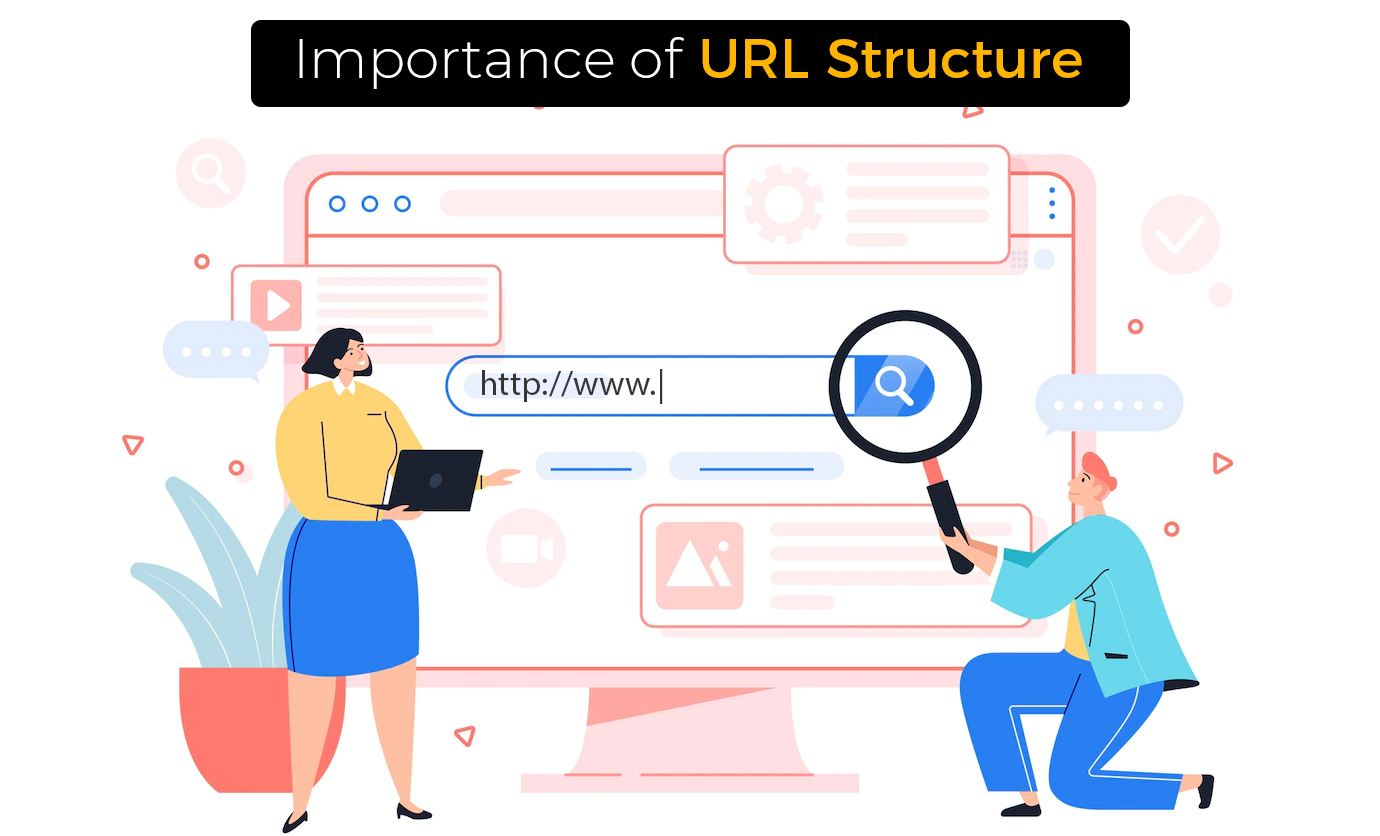What is a URL Indexer?
A URL indexer is a tool or process used to submit a URL to search engines, making sure it gets included in their database. When your page is indexed, it becomes part of the search engine’s system, allowing users to discover it when they search for related content.
Think of search engines as giant libraries. When you use a URL indexer, you’re essentially submitting your “book” (web page) to the library catalog (search engine database). Once indexed, your page can be retrieved by people using relevant search queries.
Why is URL Indexing Important for SEO?
URL indexing is critical because if your page isn’t indexed, it won’t appear in search engine results, meaning no organic traffic. For effective SEO, search engines like Google need to “know” about your pages. The faster and more effectively your URLs are indexed, the quicker they can start ranking for relevant keywords.
Key benefits of indexing for SEO:
- Visibility: Appearing in search results.
- Ranking Opportunities: Indexed pages can be ranked.
- Traffic Growth: Indexed pages lead to organic traffic.
How Search Engines Index URLs
Search engines use bots (also called spiders or crawlers) to explore the web. When a bot finds a website, it follows links and discovers new pages. Once a page is crawled, the search engine decides whether to index it based on factors like content relevance, quality, and meta tags.
The process:
- Crawling: Bots discover your page.
- Indexing: Your page gets added to the search engine’s database.
- Ranking: Your page is evaluated and assigned a rank.
URL Indexer Tools: What They Do
A URL indexer tool helps ensure that your URLs are seen and indexed by search engines. Many of these tools automate the submission process, helping search engines discover your page quickly.
Popular URL indexer tools:
- Google Search Console
- Bing Webmaster Tools
- Rapid Indexer
- Indexification
These tools expedite the process of getting your URLs indexed, helping your content show up in search results faster.
Benefits of Using a URL Indexer
Using a URL indexer tool offers several advantages:
- Faster indexing: Helps search engines find your pages quickly.
- Improved rankings: Indexed pages have the potential to rank for keywords.
- Higher traffic: Indexed pages lead to better visibility and more visitors.
- Enhanced control: URL indexers let you take charge of which pages get indexed.
Common Problems with URL Indexing
Issues that prevent pages from being indexed:
- Duplicate content: Search engines may skip indexing pages with similar content.
- Poor site structure: Hard-to-navigate sites can confuse crawlers.
- Blocked by robots.txt: If your page is blocked by a
robots.txtfile, it won’t get indexed. - Low-quality content: Pages with thin or irrelevant content may be ignored.
How to Check if a URL is Indexed
You can use tools like Google Search Console to see if your page is indexed. A simple way to check is by typing site:yourdomain.com in Google’s search bar, replacing yourdomain.com with your website’s URL. If your page appears in the results, it’s indexed.
Best Practices for Getting URLs Indexed
Here are a few strategies to make sure your URLs get indexed quickly:
- Submit sitemaps to search engines like Google and Bing.
- Use internal linking to help search engine bots discover your pages.
- Regularly update content to encourage bots to revisit your site.
- Create high-quality, original content that search engines want to index.
URL Indexing and Mobile SEO
With mobile-first indexing, search engines prioritize mobile versions of websites when indexing. Ensure your pages are mobile-friendly to increase their chances of getting indexed. Use responsive design and avoid intrusive pop-ups.
Accelerating the Indexing Process
Sometimes, you need your content indexed fast. Here’s how you can speed things up:
- Use URL submission tools like Google Search Console to manually request indexing.
- Share links on social media and other platforms to generate traffic.
- Fix crawling issues by making sure your robots.txt file and meta tags aren’t blocking search engines.
Mistakes to Avoid in URL Indexing
Avoid these common pitfalls:
- Blocking important pages in your robots.txt.
- Using incorrect canonical tags that confuse search engines.
- Ignoring broken links that hurt crawlers’ ability to index your site.
Google’s Search Console and URL Indexing
Google Search Console is one of the best tools for managing your URL indexing. You can submit new URLs, track performance, and troubleshoot issues. Plus, it’s free to use and gives you direct insights into how Google sees your site.
How Often Should You Index Your URLs?
You don’t need to constantly re-index every page. Indexing is especially important when:
- Launching new content.
- Updating old pages with significant changes.
- Fixing issues that previously blocked indexing.
Monitoring and Maintaining Indexed URLs
Once your pages are indexed, you should monitor them to ensure they stay that way. Regularly check for any deindexing issues using Google Search Console. Maintain your website’s quality to keep your indexed pages performing well in the search results.
Conclusion: Why You Need a URL Indexer for SEO
A URL indexer is an essential tool for any website owner who wants to improve their SEO performance. Without getting your pages indexed, all your hard work creating quality content will go unseen. By understanding how URL indexers work and leveraging them effectively, you can boost your site’s visibility, drive traffic, and improve your rankings in search engines.

Leave a Reply